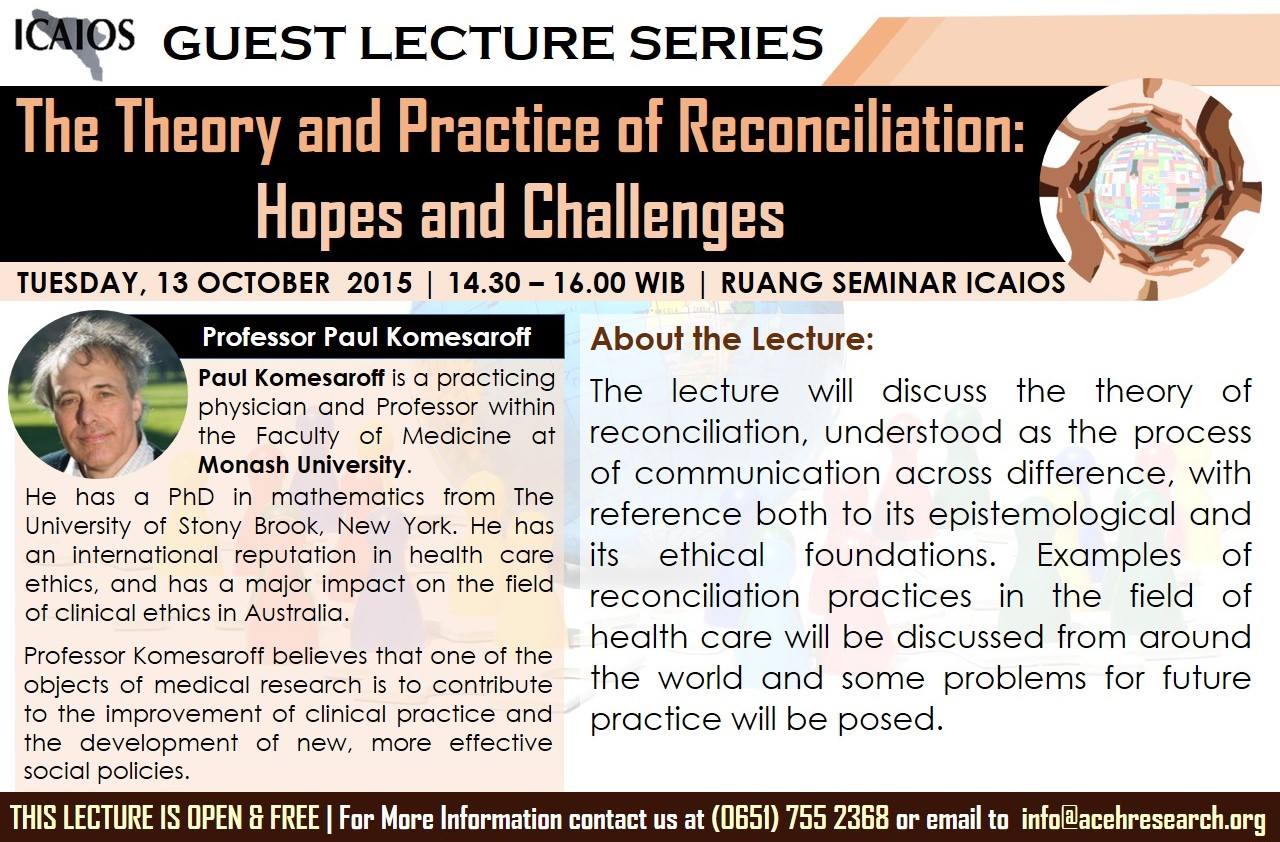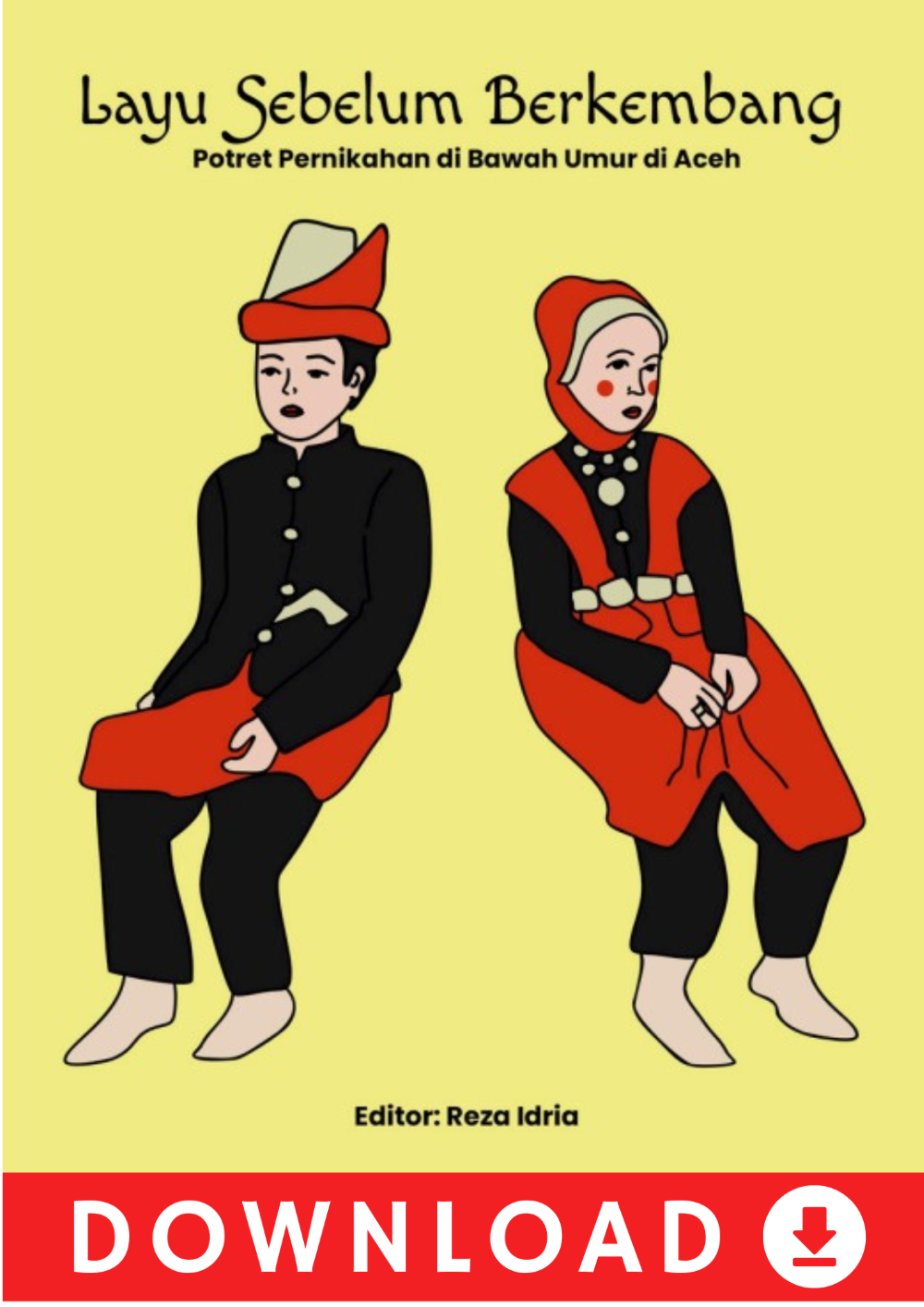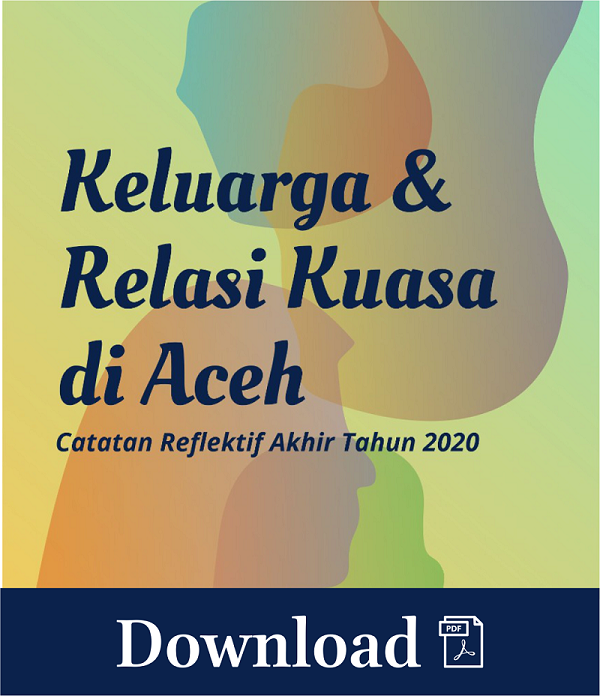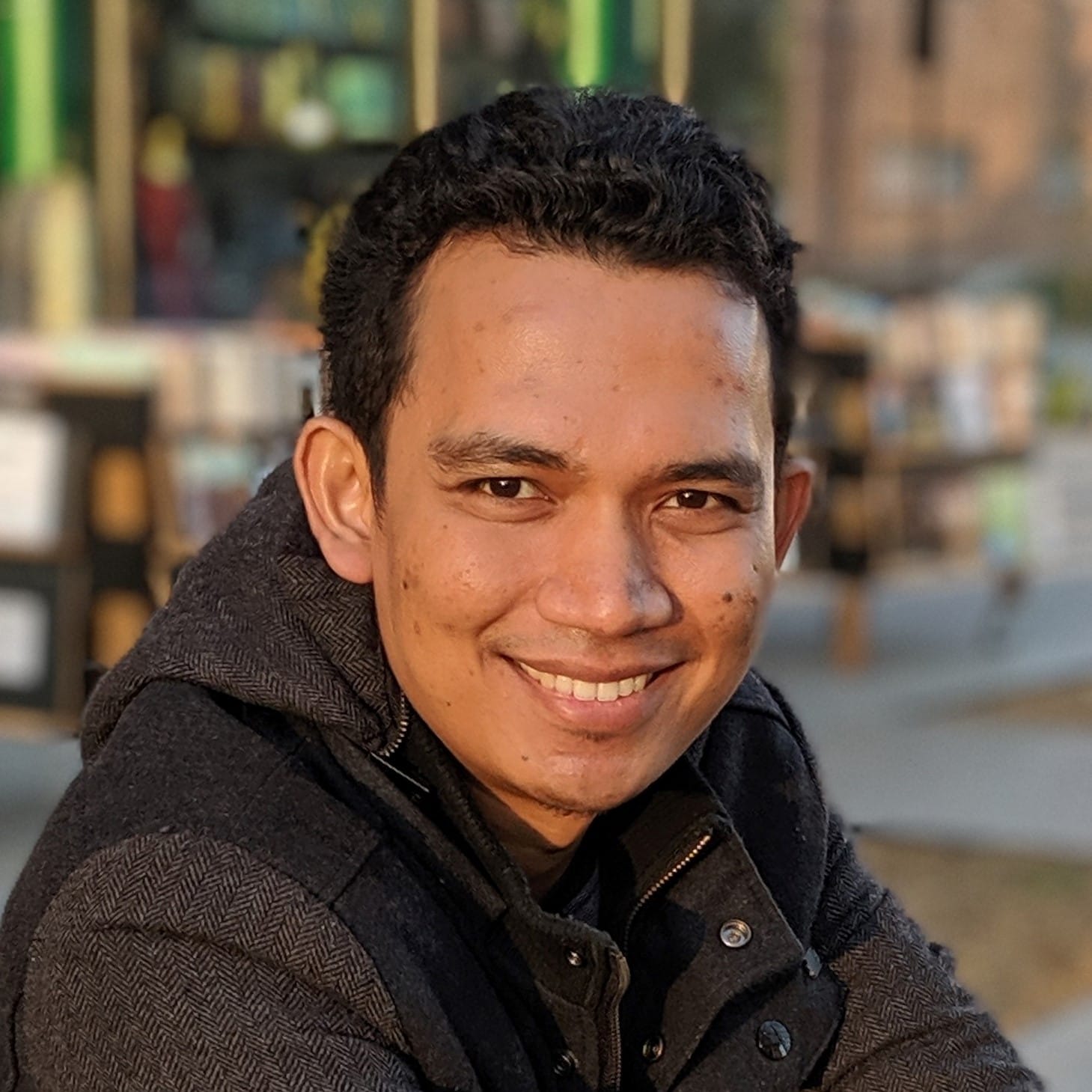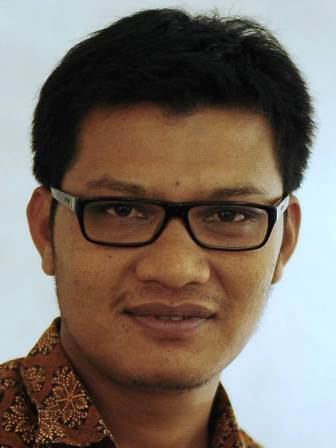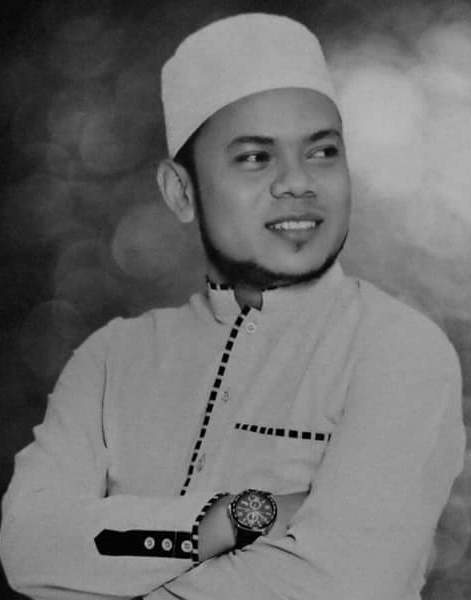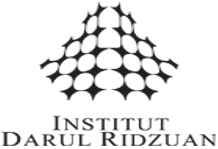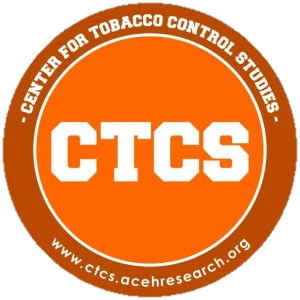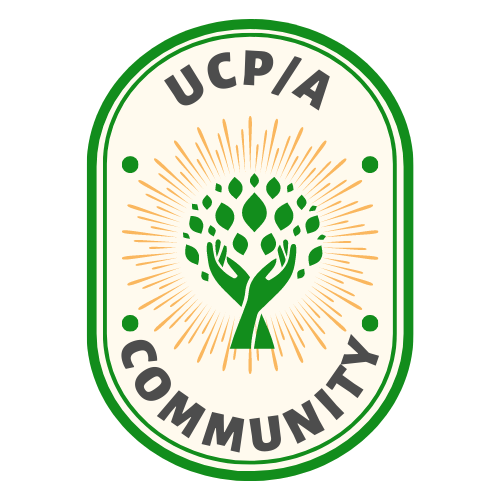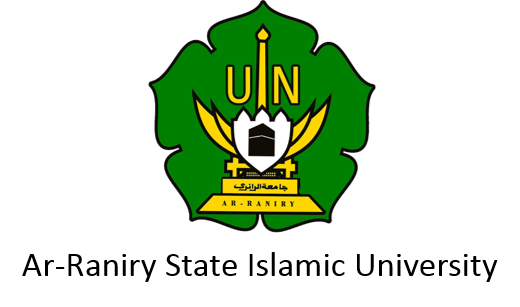PDS: Pluralisme Hukum di Indonesia: Praktek Tiga Hukum Melawan Zina Pada Masyarakat Gayo Saat Ini
Public Discussion Series:
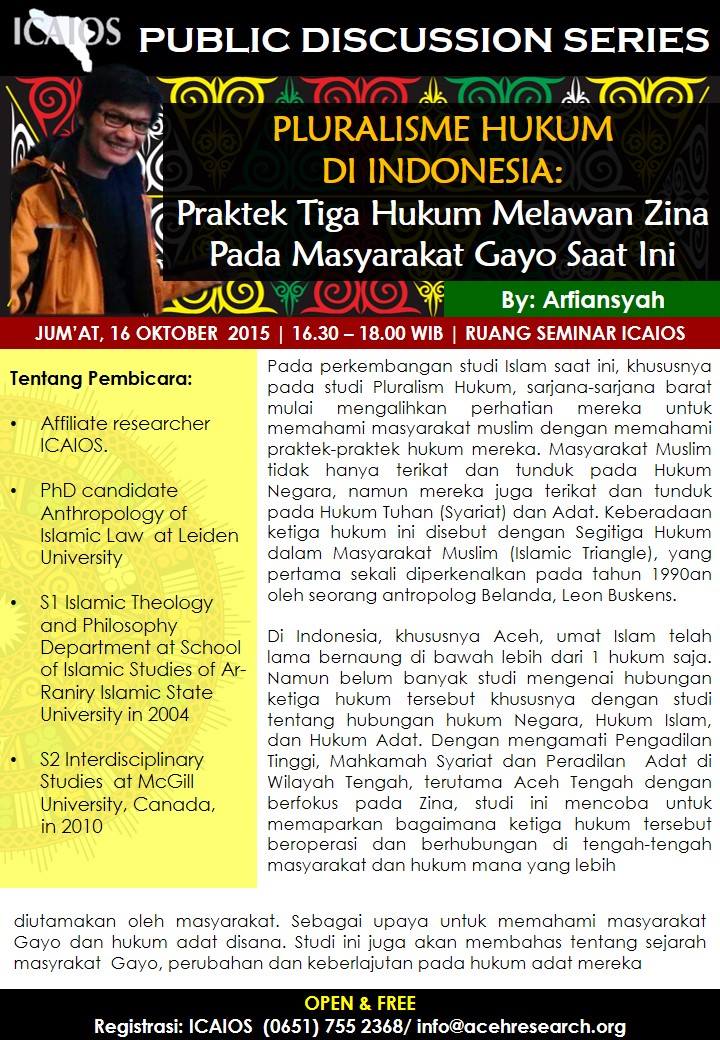 PLURALISME HUKUM DI INDONESIA:
PLURALISME HUKUM DI INDONESIA:
Praktek Tiga Hukum Melawan Zina Pada Masyarakat Gayo Saat Ini
Pembicara: Arfiansyah (Ph.D Candidate at Leiden University)
JUM’AT, 16 OKTOBER 2015 | 16.30 – 18.00 WIB | RUANG SEMINAR ICAIOS
Abstract:
Pada perkembangan studi Islam saat ini, khususnya pada studi Pluralism Hukum, sarjana-sarjana barat mulai mengalihkan perhatian mereka untuk memahami masyarakat muslim dengan memahami praktek-praktek hukum mereka. Masyarakat Muslim tidak hanya terikat dan tunduk pada Hukum Negara, namun mereka juga terikat dan tunduk pada Hukum Tuhan (Syariat) dan Adat. Keberadaan ketiga hukum ini disebut dengan Segitiga Hukum dalam Masyarakat Muslim (Islamic Triangle), yang pertama sekali diperkenalkan pada tahun 1990an oleh seorang antropolog Belanda, Leon Buskens.
Di Indonesia, khususnya Aceh, umat Islam telah lama bernaung di bawah lebih dari 1 hukum saja. Namun belum banyak studi mengenai hubungan ketiga hukum tersebut khususnya dengan studi tentang hubungan hukum Negara, Hukum Islam, dan Hukum Adat. Dengan mengamati Pengadilan Tinggi, Mahkamah Syariat dan Peradilan Adat di Wilayah Tengah, terutama Aceh Tengah dengan berfokus pada Zina, studi ini mencoba untuk memaparkan bagaimana ketiga hukum tersebut beroperasi dan berhubungan di tengah-tengah masyarakat dan hukum mana yang lebih diutamakan oleh masyarakat. Sebagai upaya untuk memahami masyarakat Gayo dan hukum adat disana. Studi ini juga akan membahas tentang sejarah masyrakat Gayo, perubahan dan keberlajutan pada hukum adat mereka


